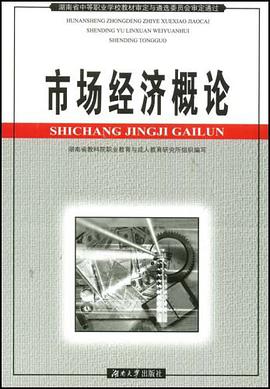

具體描述
USDA s research function is as old
as the department itseff. It was
one of the agency s original thnctions
and it continues to serve us well
today.
In today s complex agriculture,
many of the issues faced by
producers are nationwide in their
impact and demand a national
commitment to address them.
In some areas, the research to
provide the answers will require such
long-term risk and expense that the
private sector may hesitate to
undertake it. In those cases, there
will be a need for concentrated
Federal funding.
Once the results of basic research
are in the public domain, the private
sector can see opportunities to
expand and modif~~ them--to put
them to work to improve the quality
of life by developing new uses and
new markets for farm products,
improving farm efficiency, and
strengthening farmer profitability.
The basic impetus behind
agricultural research is not simply to
increase production--it is to find
answers to the challenges society and
agriculture face today--and will
certainly confront tomorrow.
Our current challenge in
agnculture is to remain competitive
in the world market. U.S. producers
must be able to produce their crops at
a price that will allow them to be
marketed successfully in this global
economy. Research will help us
discover more efficient and more
cost-effective means of doing this.
Agriculture is a dynamic industry,
and that dynamism is fueled by
research. Dedicated men and women
all over the United States--in the
Federal Government, the vast
network of State Experiment
Stations, and private industry--are
part of a common effort to seek
answers that will ultimately benefit
all of us.
The excitement and the rewards of
their work are evident in the 1986
Yearbook of Agriculture. "Research
tbr Tomorrow" pays tribute to the
vital role research plays in enabling
U.S. agriculture to be a strong world-
class industo,.
著者簡介
圖書目錄
讀後感
評分
評分
評分
評分
用戶評價
相關圖書
本站所有內容均為互聯網搜索引擎提供的公開搜索信息,本站不存儲任何數據與內容,任何內容與數據均與本站無關,如有需要請聯繫相關搜索引擎包括但不限於百度,google,bing,sogou 等
© 2025 book.quotespace.org All Rights Reserved. 小美書屋 版权所有




















